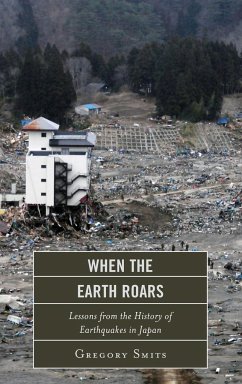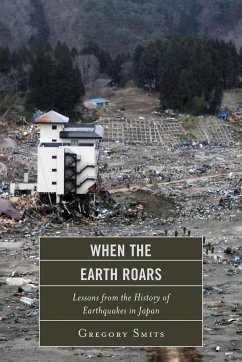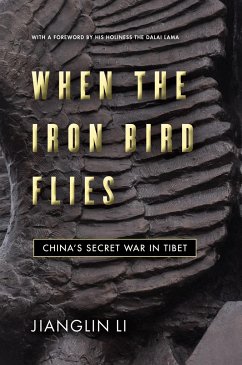
The Dragon Roars Back
Transformational Leaders and Dynamics of Chinese Foreign Policy

PAYBACK Punkte
18 °P sammeln!
"In modern world history, no other rising power has ever experienced China's turbulent history in relations with its neighbors and Western countries, been of its current scale and led by a political leader with Xi Jinping's power and sense of mission to restore what he believes China's natural position as a great power. When China was weak, it was subordinated to others. Now China is strong, it wants others to subordinate to China at least on the issues involving what it regards as core national interests. What are the primary forces and how these forces have driven China's reemergence to glob...
"In modern world history, no other rising power has ever experienced China's turbulent history in relations with its neighbors and Western countries, been of its current scale and led by a political leader with Xi Jinping's power and sense of mission to restore what he believes China's natural position as a great power. When China was weak, it was subordinated to others. Now China is strong, it wants others to subordinate to China at least on the issues involving what it regards as core national interests. What are the primary forces and how these forces have driven China's reemergence to global power? Weaving together complex events, processes, players to provide a historically in-depth, conceptually comprehensive, and up-to-date analysis of Chinese foreign policy transition since the founding of the People's Republic of China (PRC), this book argues that transformational leaders with new visions and political wisdom to make their visions prevail are the game-changers. Mao Zedong, Deng Xiaoping, and Xi Jinping are transformational leaders who have charted unique courses of Chinese foreign policy in the quest for security, prosperity, and power. Mao Zedong led revolutionary diplomacy to keep the wolves off the door; Deng Xiaoping's developmental diplomacy created a favorable international environment for economic prosperity; Xi Jinping has launched big power diplomacy to return China to the global centrality it occupied through most of human history. With the ultimate decision-making authority on national security and strategic policies, these leaders have made political use of ideational forces, tailoring bureaucratic institutions, exploiting the international power distribution, and responding strategically to the international norms and rules to advance their foreign policy agendas in the path of China's ascendance"--












